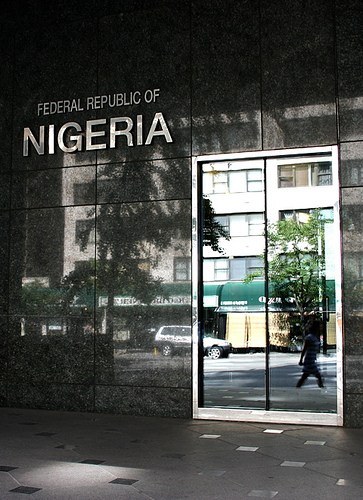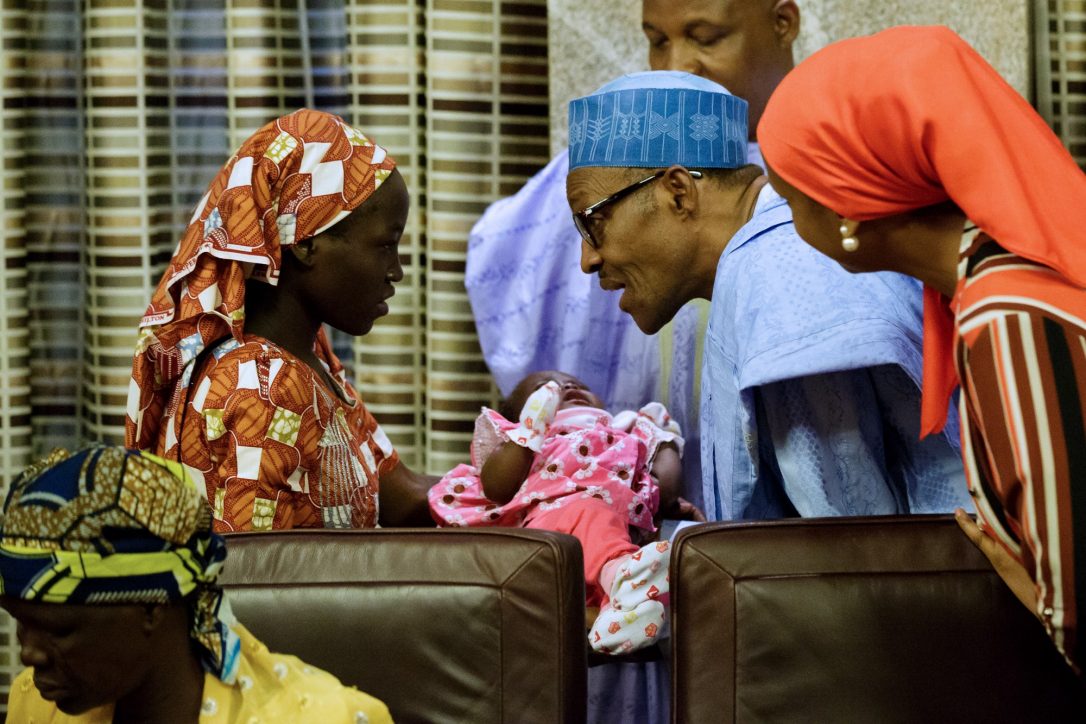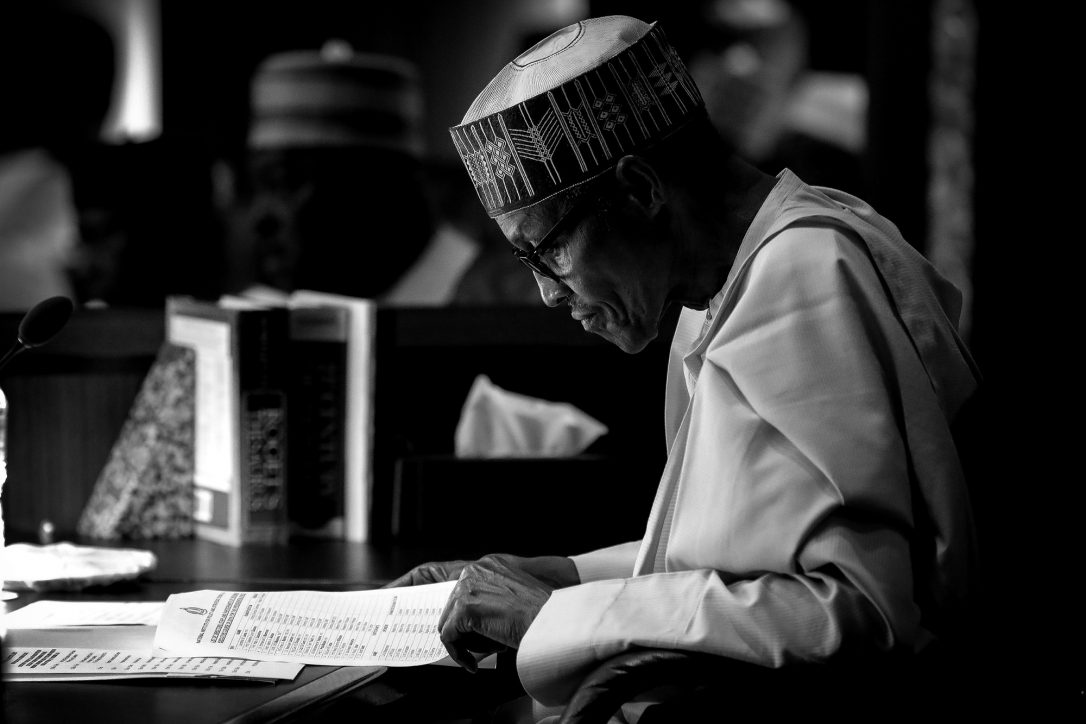Nigeria’s foreign missions must be effective, efficient and indeed productive to be able to establish, facilitate and maintain positive diplomatic and foreign relations with other sovereign countries and international institutions through adequate diplomatic exchanges of administrative, socio-cultural, political and economic cooperation – all based on genuine representation of Nigeria’s foreign policy goals and objectives.

Nigeria’s foreign missions can be categorised into diplomatic (embassies, high commissions, permanent delegations/missions and charges d’Affairs) and consular missions (consulates and area offices). In addition, the structure of Nigeria’s foreign missions varies according to the size, importance and the nature of Nigeria’s needs in the various countries or entities. Some missions are very large and undertake numerous and complex activities, while some are very small and attend to minimal activities.
Nevertheless, irrespective of the structure of the foreign missions of Nigeria, it is particularly important deploying and adhering to sustainable strategies, plans or policies in overseeing these Missions, which include and not limited to the following:
Clarity of Nigeria’s Foreign Policy Goals and Objectives
Nigeria’s foreign policy consists of self-interest plan of actions established by the country to defend and promote its national interests as well as to accomplish its goals within the international relations sphere. According to Section 19 of 1999 constitution of the Federal Republic of Nigeria, the Nigerian foreign policy objectives include the following:
- promotion and protection of the national interest;
- promotion of African integration and support for African unity;
- promotion of international co-operation for the consolidation of universal peace and mutual respect among all nations and elimination of discrimination in all its manifestations;
- respect for international law and treaty obligations as well as the seeking of settlement of international disputes by negotiation, mediation, conciliation, arbitration and adjudication; and
- promotion of a just world economic order.
Thus, at all times, these foreign policy objectives should be the guiding principles or frameworks for all Nigerian foreign or overseas missions – clear enough not to present a foreign policy of a chameleon nature.
Appropriate Diplomatic Character of Nigerian Ambassadors, High Commissioners, Envoys and Diplomats
The diplomatic qualities of a Nigerian ambassador, high commissioner, envoy or diplomat must be distinguishable and upright to be able to effectively manage and represent the respective foreign missions of Nigeria and Nigeria’s interests. Thus, appropriate diplomatic character of a Nigerian officially accredited representative include patriotism to the Nigerian state and its ideals; enduring interest and passion for diplomacy and foreign affairs; knowledgeable (inter-disciplinary); factual, analytical and objective with a good sense of judgement; professional – discipline, sincerity, courageous, hardworking, tolerant, courteous, and exemplary diplomatic behaviour and protocol; teachable and dynamic to new learning experiences; physically and mentally competent; good communicator and an effective negotiator.
Effective and Efficient Ministry of Foreign Affairs of Nigeria
The Nigerian Ministry of Foreign Affairs must be effective and efficient at all times in carrying out its responsibility of formulating, articulating and pursuit of Nigerian foreign policy trust and objectives. The independence of the Ministry must be also be maintained to avoid most especially political hijackers, who could transform the Ministry and the respective foreign missions to “political missions” taking away the core focus of the country’s foreign policy objectives. The Ministry of Foreign Affairs must also, be active in monitoring, reviewing and re-evaluating its vision, mission and proffer timely suggestions on its objectives – the foreign policy objectives; especially in such fast-paced and dynamic times.
Adequate Financial Administration Nigeria’s Foreign Missions
Nigeria’s foreign missions have been largely underfunded leading to diplomatic embarrassments such as Missions owing rents, allowances of diplomatic officials often in arrears, – all of which affects an effectiveness, efficiency, clout, and confidence of these Missions abroad.
The Nigerian government must take pro-active actions at empowering the overseas missions by ensuring that these missions are well funded to meet their ever expanding tasks and responsibilities, just as Heads of Missions should be judicious and sensible in managing available resources at their disposal.
Merit-Based Recruitment Policy for Nigeria’s Foreign Service
The recruitment policy and process for the Nigerian foreign service must emphasize qualified personnel of the highest competence, adequately numbered personnel and adequately equipped or trained personnel to practice the art and science of diplomacy for effective foreign policy implementation. Political interference should be discouraged in these regard also, which would be detrimental to the goals of the Missions and set standards.
Making the recruitment of the Foreign Service a matter of high politics encourages parochial interests in “Soft Mission Locations” or “First Class Missions” such as London, New York, Washington, Ottawa, Jeddah, Paris, Beijing, etc.
It is important that the ratio of career (50%) and non-career – political appointed (50%) Heads of Missions appointments is immediately reviewed. The very likely implication of this current trend is that whatever fortune of a particular mission is in terms of subvention, would depend also on the political weight of the head of mission as some powerful political ambassadorial appointees have direct access to the President. Financial appeals would be made directly to the President rather than the officially [often] tedious channels of communication established for such purposes, which makes it possible for such Missions to get more funds than those headed by career diplomats.
Nigeria’s National Integrity and Power
The currency of diplomacy is trust and power and the voice of any official representative (even non-official representative) and Nigeria’s foreign missions becomes potent, authoritative, trustworthy, loud and clear when the economy is growing, political and religious tolerance is adhered to, security is assured, transparency and accountability are upheld, social justice and equality are instituted. The lack or neglect of these makes it very difficult and complicated for any professional accredited diplomat to achieve and maintain the goals or objectives of the Nigerian state. Therefore, the Nigerian government must ensure that its foreign missions, diplomats, and image are not rendered voiceless and handicapped.
Your OPINION: HOW EFFECTIVE & PRODUCTIVE ARE NIGERIAN Foreign Missions?
Therefore, from your experiences, insights, observations and understanding of the role of Nigeria’s foreign missions, do you believe that these Missions are effective and productive?

Loading ...


